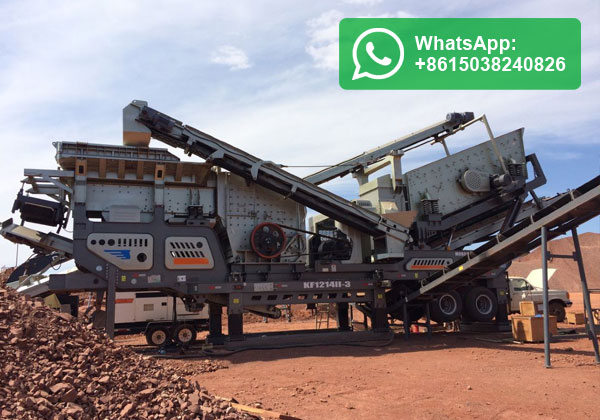In Kenya, stone crushers are commonly found in areas with significant quarrying and mining operations, such as Athi River, Kitengela, and Machakos County. These regions are known for their abundant rock deposits, which support construction and infrastructure projects. Crushers in Kenya often serve both local and national demands for gravel and aggregate materials used in road and building construction.
A notable example is the 300T/H mobile stone crushing plant in Nairobi, which processes materials like granite and basalt for construction projects. Mobile crushing units, such as those supplied by companies like Liming Heavy Industry, are popular in Kenya for their efficiency and portability. These plants can operate in remote areas where infrastructure is limited, making them ideal for the country’s growing urban and rural development needs.

Additionally, limestone processing facilities along the Kenyan coast, particularly in Mombasa and Kajiado, utilize crushers to produce cement and other building materials. The country also has fixed crushing plants in major mining regions, where minerals like fluorspar and gold are extracted alongside construction aggregates.
Companies involved in Kenya’s stone crushing industry often collaborate with major developers for road and railway projects, including the Nairobi Expressway and Standard Gauge Railway (SGR). Mobile and stationary crushers play a key role in ensuring a steady supply of high-quality stone products for these large-scale developments.
Finally, crushers are also deployed in remote areas like Turkana and Kitui, where mining and infrastructure development are expanding. These plants help process raw materials for local use while reducing reliance on imported aggregates. Kenya’s stone crushing industry continues to grow, driven by both private and public sector demands.
